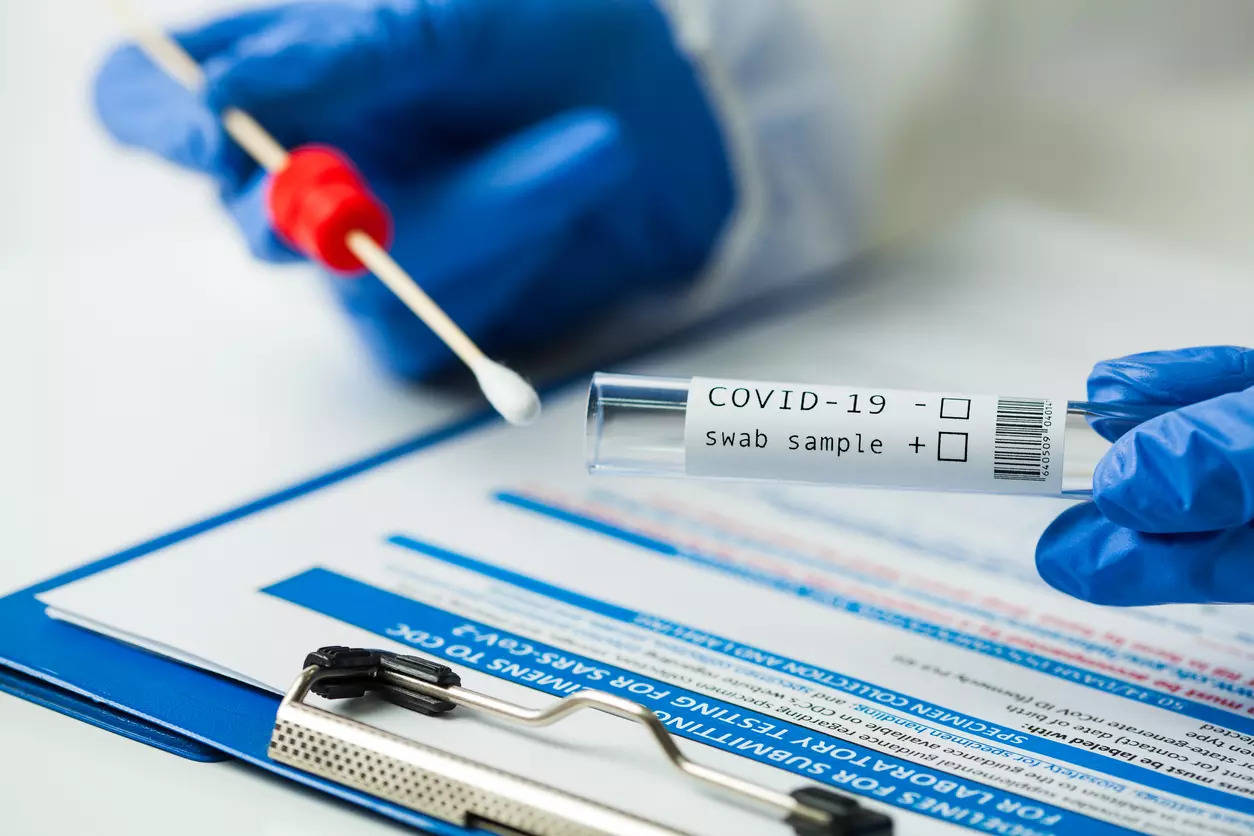 Mirchi • Updated: 4 hours ago • Follow
Mirchi • Updated: 4 hours ago • Follow
Food allergies and food intolerances are two distinct conditions that can cause adverse reactions to certain foods. Here are five basic differences between
1.
Food Allergy: In the case of food allergies, the immune system reacts to specific proteins in the food, considering them as harmful. This triggers an immune response, leading to allergic symptoms.
Food Intolerance: Food intolerances, on the other hand, do not involve the immune system. They occur due to the body’s inability to properly digest or process certain components of the food, such as lactose or gluten.
2.Severity of the reaction
Food Allergy: Allergic reactions to food can range from mild to severe, including life-threatening anaphylaxis. Even a tiny amount of the allergenic food can trigger a severe allergic reaction.
Food Intolerance: Intolerances typically cause less severe reactions, such as digestive issues, headaches, or skin problems. The symptoms are generally localized to the digestive system.
Also Read: 5 Foods that can cause reaction to your skin
3.Timing of the reaction
Food Allergy: Allergic reactions to food often occur immediately or within a short time after consuming the allergenic food. Symptoms can appear within minutes or up to a few hours after ingestion.
Food Intolerance: In contrast, the onset of symptoms related to food intolerance is usually delayed. It can take hours or even days for symptoms to manifest after consuming the problematic food.
4.Mechanism of the reaction
Food Allergy: Allergies involve the production of specific antibodies (IgE) in response to the allergenic food. These antibodies trigger the release of histamine and other chemicals, leading to allergic symptoms.
Food Intolerance: Intolerances typically result from enzyme deficiencies or sensitivity to certain food components. For example, lactose intolerance occurs due to a deficiency of the enzyme lactase, which is needed to digest lactose.
5.Diagnostic methods
Food Allergy: Allergies are diagnosed through skin prick tests, blood tests (such as IgE antibody tests), and oral food challenges performed under medical supervision.
Food Intolerance: Intolerances are usually diagnosed through elimination diets, where the suspected food is removed from the diet and reintroduced later to observe any adverse reactions. In some cases, specific tests may be conducted, such as lactose intolerance tests or breath tests.
It’s important to note that if you suspect you have a food allergy or intolerance, it is advisable to consult with a healthcare professional for an accurate diagnosis and appropriate management.
(For more celebrity related gossip, movie reviews, lifestyle stories, entertainment exclusives and trivia, download the Mirchi Plus app.)
For Bollywood news, Today’s Horoscope, Movie Reviews, Listen to Best Podcasts across Romance, Drama, Horror Podcasts and more!










